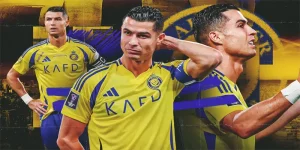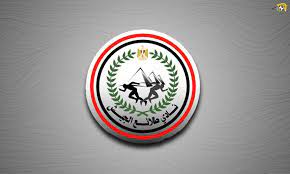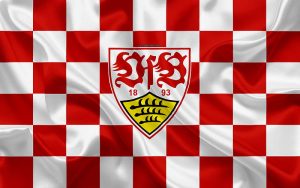
Monaco Football Club
The Golden Era of the 1960s and 1970s
The Monaco Football Club witnessed its golden era during the 1960s and 1970s, a time characterized by remarkable achievements and international recognition. The strategic decisions made during this period would bear fruit for decades to https://vnnnews.net/ come.
Rise to Prominence
Under the management of Lucien Leduc, who took charge in the mid-1960s, the club experienced a renaissance. With innovative tactics and a focus on youth development, Leduc transformed Monaco into a force to be reckoned with in Ligue 1. The emphasis on nurturing homegrown talent ensured that the club remained self-sufficient while still being competitive.
The emergence of stars such as Jean-Louis Campora and Delio Onnis showcased the club’s potential and played a significant role in their ascent. These players brought a unique flair and style to the game, captivating fans with their skill and determination.
Domestic Dominance
Throughout the late 1960s and early 1970s, the Monaco Football Club dominated French football. With multiple league titles and cups under their belt, they became synonymous with success. Their triumphs highlighted the importance of teamwork and unity, as each victory showcased a collective effort rather than individual brilliance alone.
The atmosphere surrounding matches was electric, with fans rallying in support. The Stade Louis II became a fortress, intimidating opponents and fostering camaraderie among supporters. Monaco’s rise to prominence stood as a testament not only to their skill on the pitch but also to the indomitable spirit of their fanbase.
European Aspirations
With domestic success came aspirations for European glory. During this period, Monaco Football Club began competing in continental competitions, testing their mettle against some of the best teams in Europe. Each campaign served as both a learning experience and an opportunity to showcase the club’s talents on a grand stage.
Despite facing formidable opposition, the club managed to make strides, reaching the semi-finals of the European Cup in 1990. Although they fell short of claiming the coveted title, the experience gained in international tournaments provided invaluable lessons that would shape the club’s approach to football in the following decades.
Challenges and Resilience in the 1980s and 1990s
The Monaco Football Club faced various challenges during the transition into the 1980s and 1990s. The evolution of French football and increased competition required adaptability and reinvention.
Shifts in Management and Strategy
As the landscape of football evolved, so did the management strategies within the club. Changes in coaching staff brought fresh ideas and philosophies to the fold. The club experimented with different formations and styles, seeking to find a winning formula amidst a shifting environment.
However, these changes sometimes led to inconsistency on the pitch. While there were notable highs, including securing the Ligue 1 title, the club struggled to maintain a steady footing. The balance between developing young talent and attracting seasoned professionals proved challenging, leading to mixed results.
The Impact of Financial Constraints
Another significant hurdle faced by the Monaco Football Club during this era was financial constraints. The club was often overshadowed by richer rivals, creating disparities in investments and squad depth. Despite being located in a wealthy principality, budget limitations hampered their ability to compete effectively in both domestic and European competitions.
These challenges forced the club to rely on its youth academy, ensuring that homegrown talent continued to play a crucial role in shaping the team’s identity. The development of promising players became a cornerstone strategy, enabling Monaco to navigate financial difficulties while still maintaining competitiveness.
A New Dawn in the Late 1990s
However, towards the end of the 1990s, the tides began to turn for the Monaco Football Club. The appointment of Claude Puel ushered in a much-needed revival. His tactical acumen and emphasis on developing young players revitalized the squad.
By prioritizing youth and combining it with strategic acquisitions, Puel shaped a team capable of challenging for titles once more. The 1996-1997 season was particularly memorable, as Monaco secured their first league title since 1982, reigniting hopes for a brighter future.





